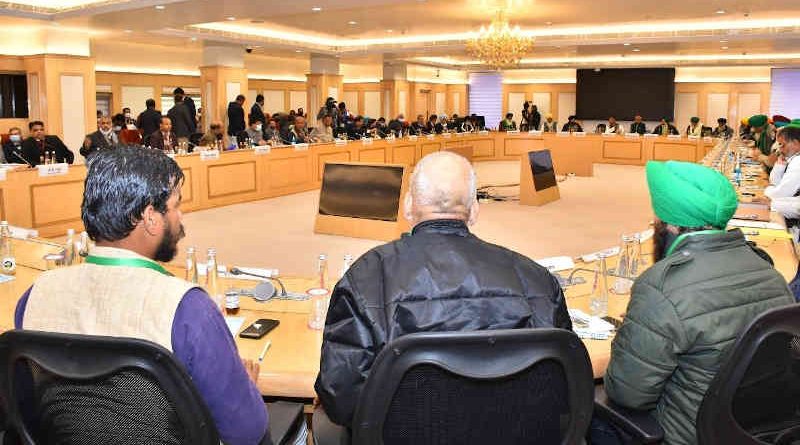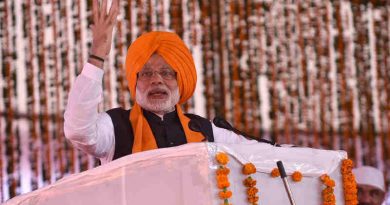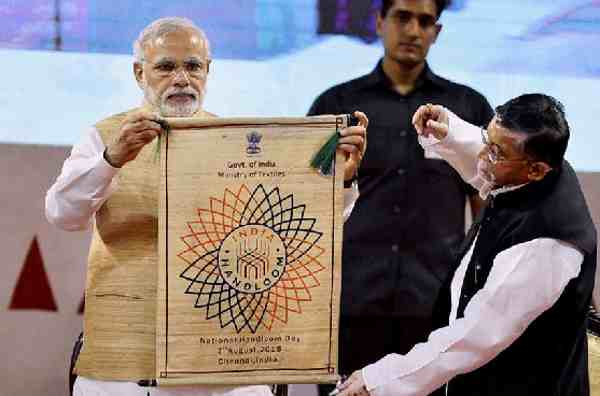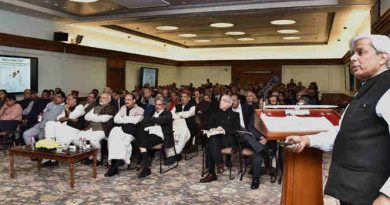End of Farm Agitation: Farmers Leaving Protest Sites in Delhi
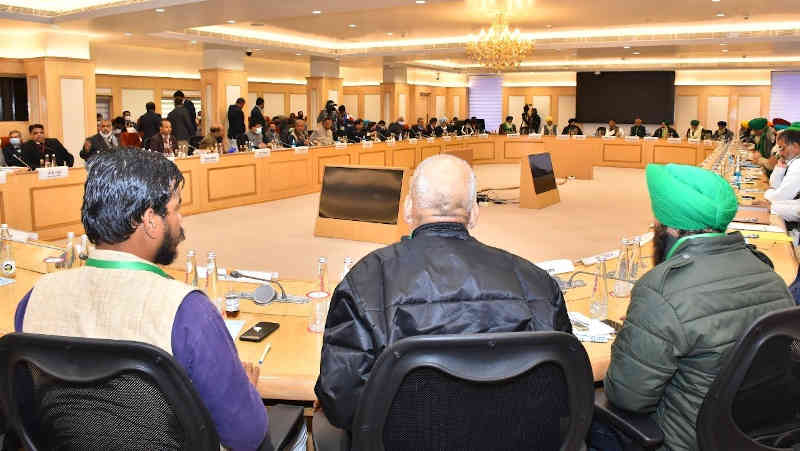
One of the reasons for the failure of the protest is lack of intellectual ability among the Sanyukt Kisan Morcha leaders, most of whom are old, obsolete, and illiterate.
By Rakesh Raman
After nearly 4 months of their protests against the farm laws introduced by the government of Prime Minister (PM) Narendra Modi, the Indian farmers who were protesting on the outskirts of Delhi are leaving protest sites to go back to their homes.
The Modi government has completely ignored the protesting farmers, as it has not called them for any meeting during the past over 2 months. The intensity of the protests has been waning, as the Punjab farmers have abandoned a number of youth leaders who were spearheading the protests and who hogged the limelight.
Although the leaders of Sanyukt Kisan Morcha (SKM or Joint Farmers Front) claim that it is an all-India protest, the truth is that mainly Punjab farmers were participating in it. In the absence of any new SKM program that could disturb the Modi government, farmers lost interest in it and decided to go back to Punjab.
One of the reasons for failure of the protest is lack of intellectual ability among the SKM leaders, most of whom are old, obsolete, and illiterate. Instead of running the agitation in a professional manner with properly designed communications, they hoodwink the people by saying that the whole world is supporting them.
|
Rural Resistance: Protests by Farmers Raman Media Network (RMN) Company – which is working in diversified content creation, management, and distribution businesses on a global scale – has launched “Rural Resistance: Protests by Farmers” editorial section. This section under the RMN news service has been created to cover the agricultural reforms and ongoing farmers’ protests in India. It carries news, views, and related developments and invites farmers as well as farming experts to share their views which will be published on the site. You can click here to visit the section. |
This is an utter lie. If the UN and some other global leaders have spoken in support of these farmers, they have supported their right to peaceful protest. They have not uttered even a single word against the farm laws that farmers want to get repealed.
In order to create a false impression about the expansion of their agitation, the Punjab farmers are visiting some Indian states – where elections are happening – to campaign against Modi’s party BJP. But these campaigns are so lackluster that they cannot have any impact on BJP’s performance in the polls.
Now, a handful of Punjab farmers – mostly Sikhs – are sitting around Delhi who keep abusing Modi and his government. Since they do not have anything effective to say in their random speeches, they repeat Sikh history which has no relevance to the current agitation. Now it appears that what started as a farmers’ movement against the contentious farm laws has been reduced to an event of religious sloganeering.
The Modi government has rightly assessed the weakening intensity of the agitation. That’s why the government has stopped talking to protesters, although the government has offered to do some amendments in the laws. Since farmers are not ready to accept amendments and demand complete withdrawal of these laws along with a legal guarantee for minimum support price (MSP), the stalemate persists.
And that is good for the government because with the passage of time, the remaining protesters will also disappear and the protest will die a natural death.
By Rakesh Raman, who is a national award-winning journalist and social activist. He is the founder of a humanitarian organization RMN Foundation which is working in diverse areas to help the disadvantaged and distressed people in the society.


